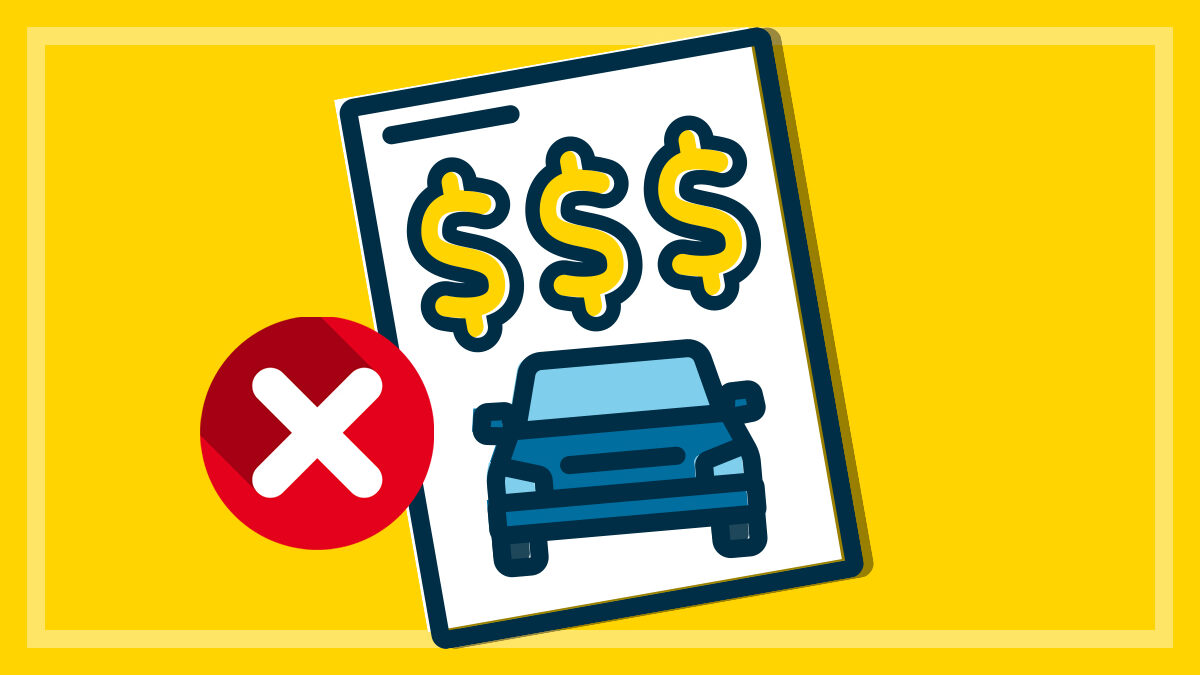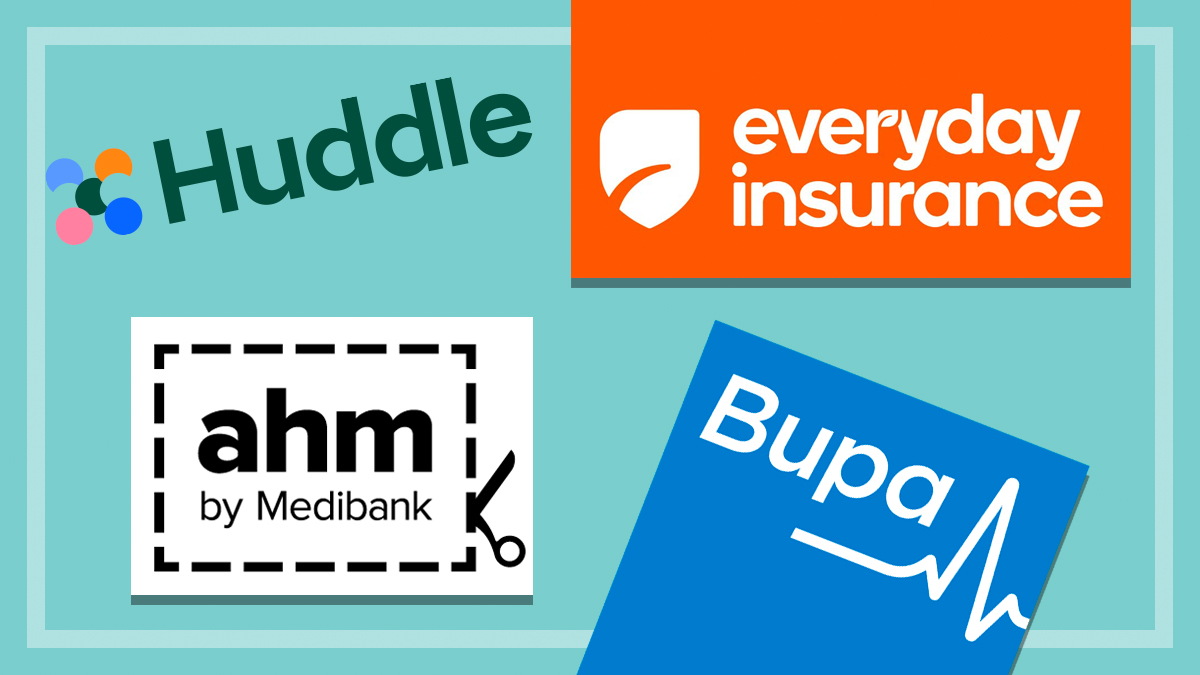Get our independent lab tests, expert reviews and honest advice.
Free health cover for young adults on a family policy

Need to know
- Bupa, Medibank, HCF, NIB and many smaller funds will cover young adults on family policies to 31 years of age
- While full-time students are often covered for free, you may have to pay up to 50% more if you want other young adults covered
- Whether it makes financial sense to stay on your parents' policy depends on your health needs (and the needs of your parents)
On this page:
- Will it save you money?
- Do all health funds cover young adults on family policies?
- What the most popular health funds cover
- How much does it cost to add your adult kids to your family policy?
- Cover for people with a disability
Australians are feeling the pinch with the current cost of living. As a result, many young adults are still living with their parents. They also have the option to stay on the family health insurance policy until they’re 31, but should they?
Adult children are allowed to stay on their parents’ policy until they’re 31 years old even if they’re not a student, and there’s no age limit for dependants living with disability (NDIS participants).
But rules and costs vary by fund and policy, and whether it makes financial sense depends on both of your health needs.
Will it save you money?
While children and full-time students up to age 31 can often stay on the regular family policy for free, there is usually an additional cost to keep older dependants and non-students covered – depending on the insurer, this can add 15–50% to your premium.
It’s a good idea to keep your kids or full-time students on your family policy while there’s no additional cost.
But once you need an extended family policy, it’s time to carefully consider everyone’s cover needs. If you’re on a top cover Gold, or Silver-Plus policy it could be cheaper for your adult dependant to take out their own low to medium cover policy – especially if you have a higher family income and don’t get the full health insurance rebate.
A young adult is probably eligible for the rebate and a youth discount.
If you’re under 32, the main questions you need to ask yourself are: do I need health insurance? And does my parents’ cover meet my needs?
Is the level of cover appropriate?
If you’re considering taking out an extended family policy, it’s important to consider whether the young adult in your family needs the same level of cover as the older family members. Here are some things to consider.
- Older adults may have chronic health conditions or need cover for knee-replacement or cataract eye surgery, which is only available through expensive Gold or Silver Plus health insurance policies.
- Healthy young adults may only need Bronze cover, which includes cover for broken bones, flu, and skin and breast cancer. This level of cover is significantly cheaper, so it may make sense to take out a standalone policy.
- Extras cover may also be overkill for some healthy young adults. If they’re only using it for dental check-ups and a few physio sessions now and then, they’re better off paying as they go.
Do all health funds cover young adults on family policies?
It’s not mandatory for private health funds to allow young adults on family policies, but most funds do. Health insurers also set different age limits, so while some funds only allow young adults on family policies up to age 24, others may allow them to stay up until their 32nd birthday. And some funds have extended age limits for students but not for non-students or vice versa.
Funds also have different conditions when it comes to dependants and family policies. Normally you can’t be married or in a de facto relationship, but with some health insurers you also need to live with your parents and be financially dependent on them, or there might be a cap set by the insurer on how much you can earn. There may also be a requirement to take out a combined policy, or the dependant may need to take out their own extras policy to be covered under their parents’ hospital policy.
It’s important to check the individual policy. For example, Bupa excludes apprentices while Teachers Health includes apprentices, interns and cadets
There are also differences in the definition of a full-time student (who can usually get insured for free), so it’s important to check the individual policy for details. For example, Bupa excludes apprentices while Teachers Health includes apprentices, interns and cadets.
It’s best to check with your fund and make sure you understand the rules. If your adult child is no longer covered with your fund but another fund covers them, you could consider switching health insurance.
What the most popular health funds cover
Bupa, Medibank, HCF and NIB cover adult children up to at least 31 years, usually for an additional fee, but HBF provides more limited cover. There are rules and requirements for dependants. For example, they cannot be covered on a family policy if they are married or in a de-facto relationship. Here are the age limits set by the funds.
- Adult children are covered on family policies for free until they turn 21.
- Full-time students are covered on family policies for free until they turn 32.
- Adult children younger than 32 can be covered on extended family policies for an extra cost.
- Adult children are covered on family policies for free until they turn 22.
- Full-time students are covered on family policies for free until they turn 31.
- Adult children younger than 31 can be covered on extended family policies for an extra cost.
- Adult children are covered on family policies for free until they turn 21.
- Full-time students are covered on family policies for free until they turn 31.
- Adult children younger than 31 can be covered on extended family policies for an extra cost. But there’s no additional cost to add an older non-student to an ambulance-only policy with AHM, or Healthy Living Extras with Medibank.
- Adult children are covered on family policies for free until they turn 21.
- Full-time students are covered on family policies for free until they turn 31.
- Adult children younger than 32 can be covered on extended family policies for an extra cost. Or for free on an ambulance-only policy or Basic Extras
- Adult children are covered on family policies for free until they turn 21.
- Full-time students are covered on family policies for free until they turn 25.
- Adult children who earn less than $24,500 per year are covered on family policies for free until they turn 25.
These funds offer free cover for students up to at least age 30 on some or all of their family policies:
- AAMI
- AHM
- Apia
- Australian Unity
- Bupa
- CBHS Corporate
- CBHS
- Doctors’ Health
- Emergency Services Health
- HCF
- HCI
- Health Partners
- HIF
- ING
- Latrobe
- Medibank
- NIB
- Nurses and Midwives
- Real
- Peoplecare
- Police Health
- Queensland Country Health
- Qantas
- RT Health
- Seniors Health
- Suncorp
- Teachers Health
- TUH
- Union Health
- UniHealth.
These funds allow non-students at least up to age 30 to stay on an extended family policy, normally for an extra cost:
- ACA
- AAMI
- AHM
- Apia
- Australian Unity
- BUPA
- CBHS
- CBHS Corporate
- Doctor’s Health
- HCF
- Health Partners
- HCI
- Health Partners
- ING
- Latrobe
- Medibank
- Mildura
- NIB
- Nurses & Midwives
- Peoplecare
- Priceline
- Qantas
- Real
- RT Health
- Seniors
- Suncorp
- Teachers
- TUH
- UniHealth
- Union Health
- Westfund.
How much does it cost to add your adult kids to your family policy?
Using Bupa as an example, let’s look at the difference in premiums between family and extended family policies for a family with a high income and high health cover needs.
Insuring a young adult on a lower cover policy can end up being substantially cheaper not only because of the cheaper policy, but particularly if they qualify for the full health insurance rebate and a youth discount of up to 10%.
Example: Family with a 25-year-old non-student
A family who earns above the health insurance income cap and therefore is not eligible for the health insurance rebate. But their adult child is a 25-year-old non-student dependant, who is eligible for the full health insurance rebate.
They have Silver Plus Advanced Hospital ($750 excess) and Super Extras Active, with BUPA.
They want private health insurance for their 25-year-old and are asking themselves if they should take out:
- an extended family policy, or
- a separate Bronze cover policy and a budget cover extras policy.
The best option? Insuring the 25-year-old on their own with a lower cover policy will be almost $1664 cheaper per year.
The policies on offer from different funds will vary, so it’s important that you carefully consider your personal circumstances before opting for an extended family policy just because it’s available.
The policies on offer from different funds will vary, so it’s important that you carefully consider your personal circumstances before opting for an extended family policy just because it’s available.
Option 1 Family policy – BUPA Silver Plus Advanced Hospital ($750 excess) with Super Extras Active
- Annual cost of an extended family policy, including an adult dependant: $10,828* (without the health insurance rebate).
Option 2
Couple policy – BUPA Silver Plus Advanced Hospital ($750 excess) with Super Extras Active
Single policy – BUPA Bronze Plus Simple Hospital ($750 excess) and Extras Saver policy
- Annual cost of couple policy: $8008* (without the health insurance rebate).
- Annual cost of single policy: $1156* (includes the health insurance rebate and a youth discount).
*Annual premiums as of 1 April 2025 in NSW.
Cover for people with a disability
While most funds have extended the age limit for student and adult dependants, cover for NDIS participants aged over 31 on their parents’ policy is currently only available from the following insurers:
- HCI
- Doctors’ Health
- OneMedifund
- Emergency Services Health
- Police Health
- Reserve Bank
- Westfund.
There is no age limit if a policy allows you to add an NDIS participant.





